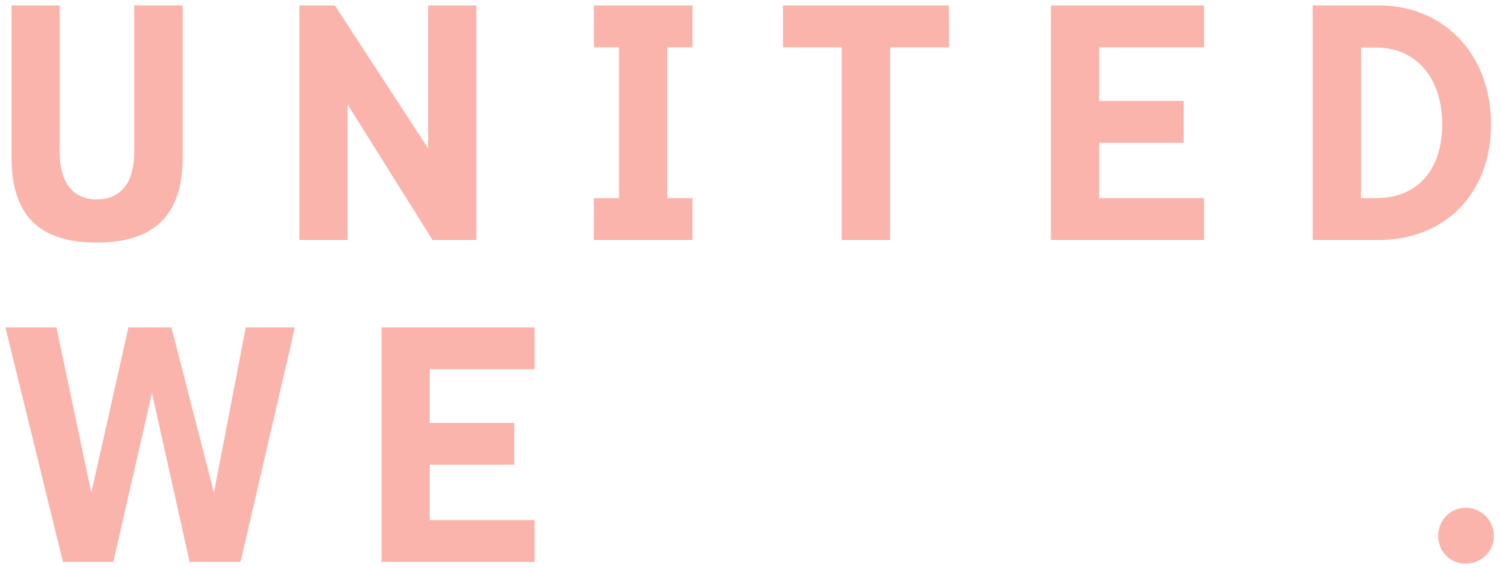Jessica Garcia is an experienced instructional coach and educator who believes we all have a responsibility to support our communities and to be engaged citizens.
Through United WE’s Appointments Project®, Jessica realized that it’s important to have diverse representation on boards in our community and the program inspired her to believe that getting on a board was possible. She attended an informational session with the Appointments Project that helped her to learn about leadership opportunities and applying for positions. The experience ultimately resulted in her motivation to apply to serve on a board.
Flash forward to today, and Jessica is on the Board of Trustees of the Jackson County Community Mental Health Fund. In this role, Jessica will learn more about the ways in which Jackson County is supporting mental health services and how they are working to ensure that as many community members as possible have access to the care that they need and deserve.
“I don't think I would have applied had I not attended an info session with the Appointments Project,” said Garcia. “They provided clear instructions and insight into the possibilities and benefits of serving on a board or commission.”
Channeling the inspiring work of activist and writer Adrienne Maree Brown, Jessica acknowledges that Brown’s approach to activism has motivated her and given her hope for making a difference. Driven by ensuring that every child in our community receives an excellent education, she takes pride in providing top-notch instructional support and development to local teachers.
When she's not in a local classroom, she enjoys taking walks with her pups, Luna and Harlem, along the Trolley Trail near her home in south Kansas City.
























